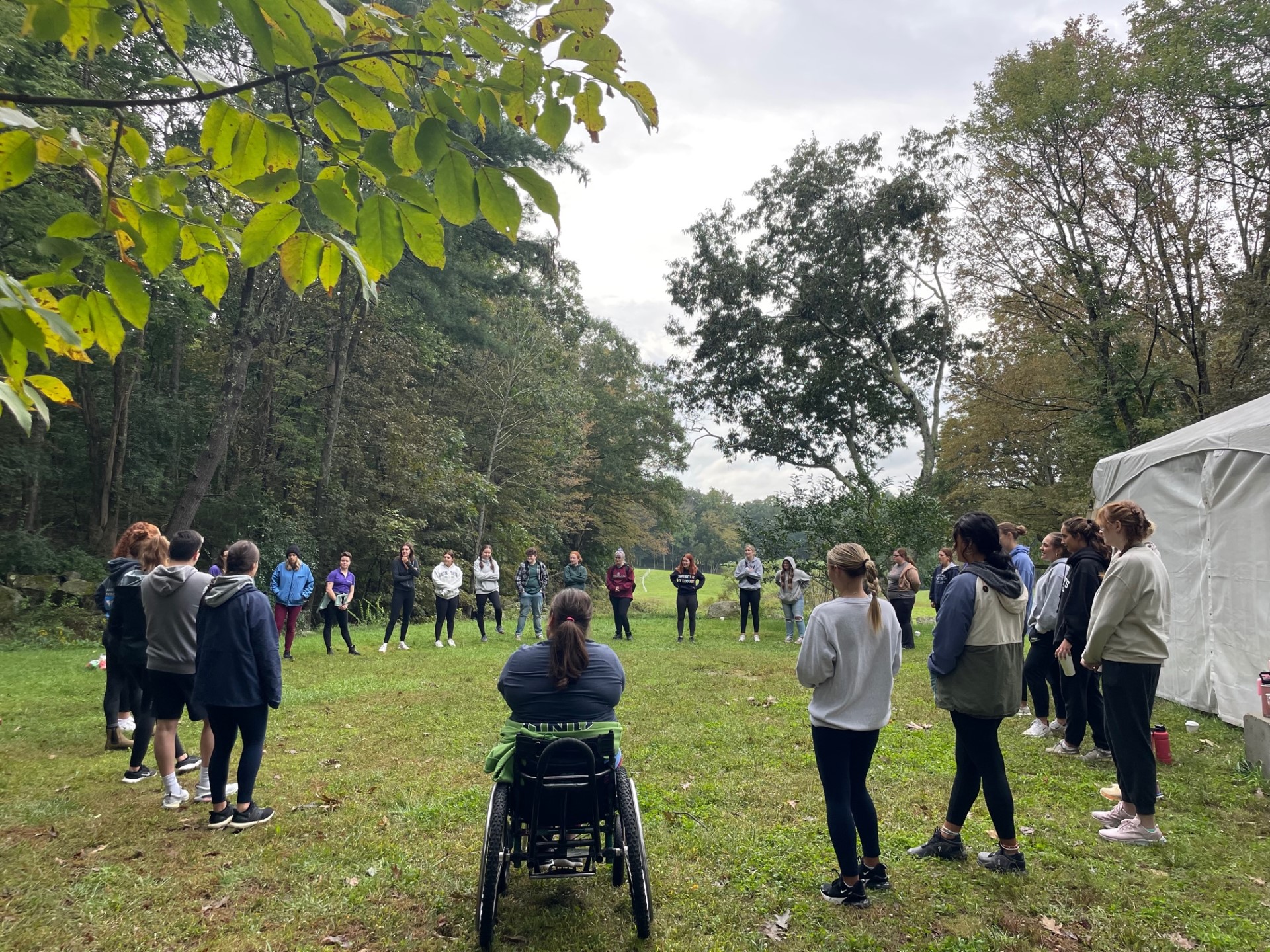Anti-Oppressive Practices Statement
Emily Lusenhop, MSW
She/They
Anti-Oppressive Practices
In light of recent nationwide challenges to diversity statements such as this, I begin by emphasizing my steadfast belief in the dignity and worth of all individuals, alongside my commitment to challenging unequal systems of power that lead to marginalization and oppression. The following statement is a brief introduction to my perspectives on diversity.
To begin, I acknowledge that language is dynamic, evolving, and fluid. While recognizing this, I am using language with thoughtfulness and in the best way I can, while staying open to learning and expanding my word choices. I welcome any feedback that comes with being mindful of my language use. At this time, I would describe diversity as recognizing, valuing, and uplifting the unique differences in our sociocultural identities.
My experiences, both personal and professional, have taught me that examining the conditions that perpetuate oppression, racism, and white supremacy should be fundamental to all aspects of clinical social work, as well as social work education. I am attentive to the ways that suffering often emerges from the internalization of socially oppressive forces, systems of inequity, and family legacies of trauma. Central to my clinical work has been a strong commitment to being aware of the relational power dynamics in therapeutic relationships, while also making a commitment to empower clients through prioritizing their voice, their goals, and their own ways of measuring progress as central to their well-being. This commitment to exploring power dynamics within the clinical setting has translated into my teaching methods, and I strive to ensure that concepts related to diversity are integrated as a consistent thread throughout the courses I teach.
As an individual that holds historically marginalized identities, as well as identities of power and privilege, I have developed a sense of humility and compassion for others who experience undue burdens as a result of discrimination and oppression. I frequently explore the intersectionality between my identities, taking care to critically think about the ways in which I move amongst different structures of power and how this impacts the ways in which I make sense of others.
My lived experiences and identities have influenced my long-standing interest in social justice initiatives and advocacy with diverse populations. From volunteering with LGBTQ+ youth and adults, to learning more about racism in transgender communities, and now to supporting my community members who are unhoused and living outdoors, I have a long history of supporting marginalized individuals. I have advocated alongside diverse groups of people while taking time to reflect on how our intersecting sociocultural backgrounds uniquely shape our lived experiences each day.
In closing, this brief statement reflects my foundational beliefs about anti-oppressive practice. I encourage you to reach out to me, as I value ongoing discussions about diversity in education.

“I am attentive to the ways that suffering often emerges from the internalization of socially oppressive forces, systems of inequity, and family legacies of trauma. “
Professional Goals & Aspirations
What is your goal as an educator?
Throughout my teaching journey, fostering students' development as competent, confident, and curious professionals has been profoundly meaningful to me. My primary goal is for students to cultivate self-awareness of their values and enhance their capacity to make informed, ethical decisions in their professional lives. I aim to instill in my students not only knowledge, but also the skills and confidence to navigate and challenge inequities both within academia and in our communities.
What sets you apart from other teachers?
I am deeply committed to nurturing students' curiosity, encouraging creative problem-solving, and fostering their critical thinking ability. My overarching aim is to support the growth of lifelong learners and empower emerging social work professionals to become future leaders in the profession.
What are some of your professional development goals?
As I continue my own professional development as an educator, I am eager to deepen my understanding of social work pedagogy, to practice new teaching strategies, and to strengthen my application of anti-oppressive practices in the classroom.
I also have an interest in learning more about curriculum development such as adherence to accreditation and professional standards, as well as the incorporation of best practices and current social work theory into each course. Additionally, my current interests in social work learning and research encompass the professional development of LGBTQ+ social workers, clinical social work with transgender and genderqueer youth and families, as well as exploring the impacts of racism on social work education, particularly as it relates to program enrollment and internship experiences.
